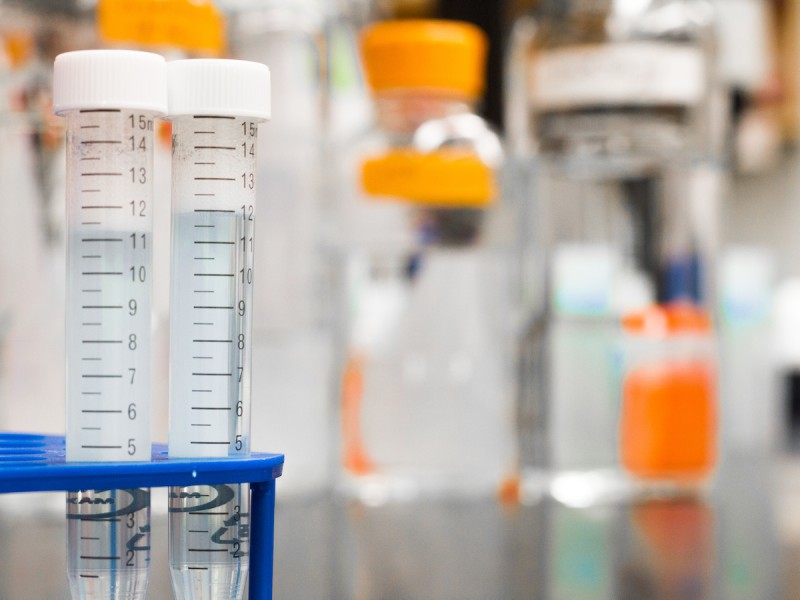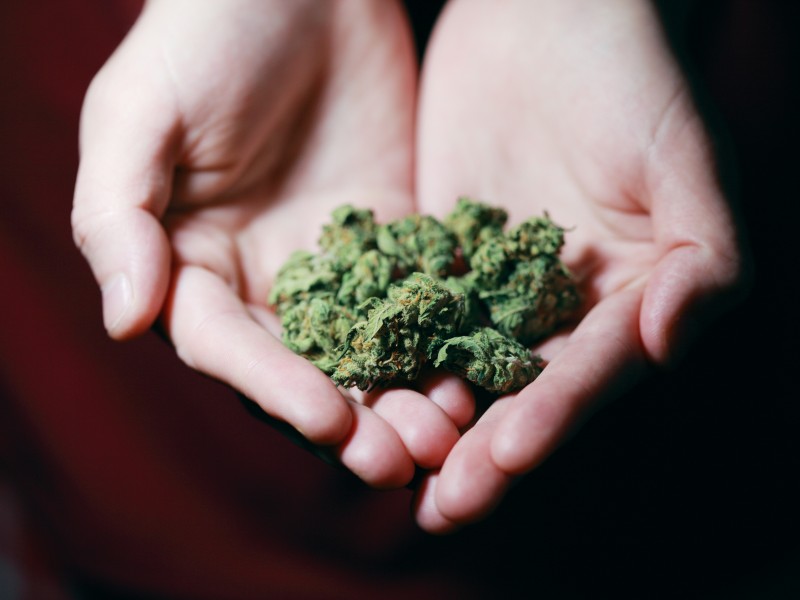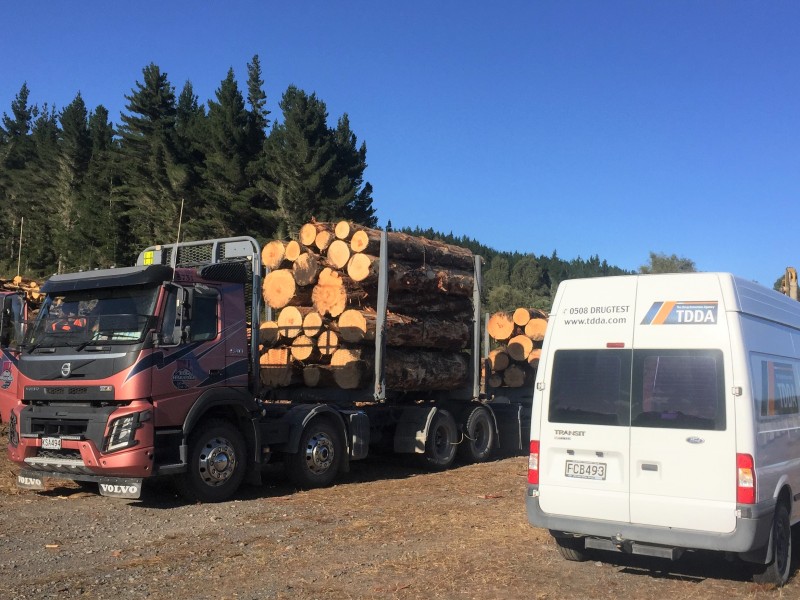Coinciding with the 2020 election, Kiwis will be asked to vote in a referendum on the Cannabis Legalisation and Control Bill. Although the referendum is non-binding, there are concerns around how the legalisation of recreational cannabis could affect workplace and pre-employment drug testing. Are the current drug testing standards prepared for the legalisation of the most common illicit drug in the country?
Under current legislation, employers have the right to undertake pre-employment and random workplace drug testing to maintain health and safety standards. Urine testing is the most used method by employers in New Zealand, however, some specialists in the workers union and drug reform fields are highly critical of the method's effectiveness in judging impairment.
Blake Monkley, lead organiser of the Amalgamated Workers Union New Zealand, argues the commonly used urine testing method is not fit for purpose.
He says that although testing agencies claim urine tests can pick up cannabis in your system for up to 30 days prior, he has seen cases where workers spend up to 16 weeks waiting for cannabis to pass through their system.
"I've had cases where it's sat in people's systems for 16 weeks where they were getting monitored and measured through a urine testing system when they had failed. We were getting the results back regularly and the levels were definitely dropping but it took a lot longer than 28 days. That's what kind of pricked my ears up in terms of (the fact that) there really wasn't anything that was meeting the requirements of what we were doing."
Monkley claims the urine testing system is flawed because it is more likely to pick up occasional cannabis users than workers who are using harder drugs such as methamphetamine. Although the signs of hard drugs might not be present in a worker's bloodstream, he explains testing doesn't show the dangerous side effects of methamphetamine impairment such as fatigue, lack of eating, and the inability to sleep.
"The sad thing is that when you're dealing with methamphetamine it's likely that it comes out of your system in a more rapid time than anything else, as harder drugs do.
"I think the unfairness of cannabis is that it really doesn't fit the purpose of what they're trying to do with urine testing."
Monkley cited a 2012 court case as a legal verdict that highlights the downfalls of the urine drug testing method. In this case, two workers were found to have tested positive for the presence of cannabis and were placed into a workplace rehabilitation program. The employer was found to have broken the law by terminating the employment of both workers after they returned positive tests for cannabis in their second test of the rehabilitation program.
Judge Anthony Ford questioned the accuracy of urine testing as rulings showed employers were unable to identify whether a worker had consumed the drug on the day of the test or several days prior.




